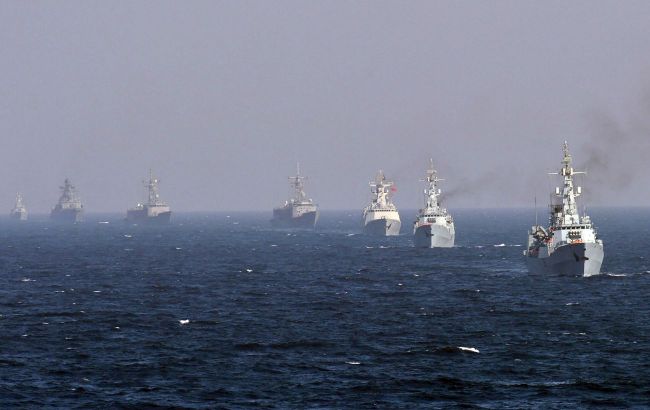West believes damage to cables in Baltic sea is not Russian sabotage
 The Baltic fleet (illustrative photo: Getty Images)
The Baltic fleet (illustrative photo: Getty Images)
US and European intelligence agencies believe that the submarine cable breaks in the Baltic Sea were the result of maritime accidents, not Russian sabotage. This follows from the information currently available, The Washington Post reports.
The investigation, which involves experts from several European countries and the United States, has so far found no evidence that the suspected commercial vessels deliberately committed anchor sabotage or acted on Moscow's instructions.
The collected materials, including intercepted conversations, indicate that the incidents could have been the result of accidental errors caused by insufficient crew qualifications and poor technical conditions of the vessels.
American sources say that in each case there are obvious explanations confirming the accidental nature of the damage, and there is no evidence linking the incident to Russia. A similar opinion is shared by representatives of two European intelligence services, who agree with the assessments of their American counterparts.
Meanwhile, Finnish intelligence, while not ruling out possible Russian involvement, generally favors the accident version.
However, Finnish MEP Pekka Toveri, who previously served in the army and worked in his country's intelligence agencies, expressed the opinion that the incidents with the damage to the submarine cables resemble typical hybrid actions by Moscow.
"The most important thing in any hybrid operation is deniability," he emphasized.
According to him, the Russian special services could have carefully covered their tracks, which leads to the conclusion that all the incidents with the cables, which were allegedly accidents, are "complete nonsense."
Maritime expert Mike Plunkett, also mentioned in the article, believes it is unlikely that the crews would not have noticed their anchor hitting the seabed. He notes that since the fall of 2023, there have been three incidents in the same region that have been explained as "accidental" damage by anchors, and this coincidence raises serious doubts.
Yesterday, it became known that NATO warships started patrolling the Baltic Sea this week. Some of them anchored in Tallinn's Mine Harbor.

